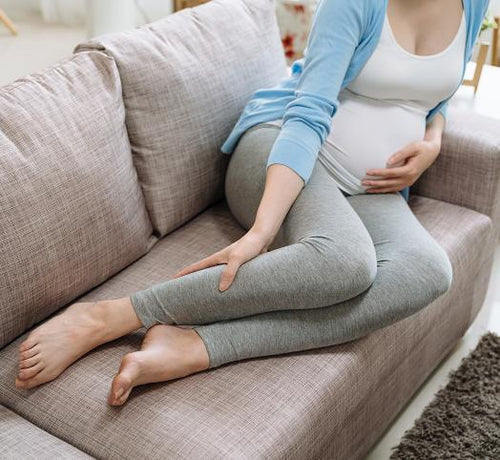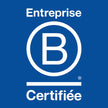First, identify them well
A cramp is a sudden, intense, involuntary, temporary but often very painful contraction of the muscle. Most of the time it occurs at night and more likely affects the calf than the thigh or toe. And if it occurs so often during pregnancy, it is of course due to the hormonal influx which, among other things, causes a slowdown in return circulation. However, it is benign and can easily be prevented. It remains important not to confuse a simple muscle cramp with the manifestation of a vascular disorder. In this case, the pain which tightens the calf has the particularity of always occurring when walking (never at rest), stops as soon as you stop and always repeats after the same number of steps, around ten meters further away.
To eliminate any suspicion of arteritis (suffering of the leg artery), it is better to consult the doctor who will undoubtedly perform a Doppler.
How to avoid them
Hydrate more.
The cramp is always increased by a water deficit which pushes the muscle into contraction due to poor evacuation of waste.
Stop smoking.
Tobacco causes vasoconstriction (it tightens the vessels) and an influx of CO2 which is harmful to good irrigation and muscular oxygenation.
Think about magnesium.
As its deficiency hinders muscle relaxation, it may be necessary to revise your diet (and force a little more on dark chocolate!) or take a course of supplementation. But always on medical advice because excess magnesium can cause digestive problems.
Warm up well.
No “cold” run to catch the bus or sports session without a warm-up of at least 15 minutes to allow the muscle to be sufficiently oxygenated to cope with the effort without accumulating lactic acid, a toxin promoting cramps.
How to pass them on
Stretch...
At the time, there is no other solution than to gently extend the muscle in the opposite direction to the hyper-extension. Pull your toes forward if your arch cramps. If you have a calf cramp, this time pull your foot out at a right angle or walk on your heels. Or, standing, place the tip of your foot against a piece of furniture, heel on the floor and move your body towards the wall to naturally force the stretch.
Heat...
Applying a hot water bottle relaxes the contraction and leaving it in place for 20 minutes helps provide lasting relief. Obviously be careful not to burn yourself...
Loosen...
A massage with a cream specifically formulated for pregnancy (certain active ingredients are sometimes contraindicated) can be interesting if the pain persists the next day. Always do it towards the heart and without pressing too much.
To rest...
An easy gesture is to raise the feet from the bottom of the bed to encourage venous return. Be even more careful to sleep well because lack of sleep creates fatigue which... promotes cramps.
To avoid...
Aspirin and other anti-inflammatories because by thinning the blood, they aggravate muscle bleeding. These medications are in any case not recommended during pregnancy.




